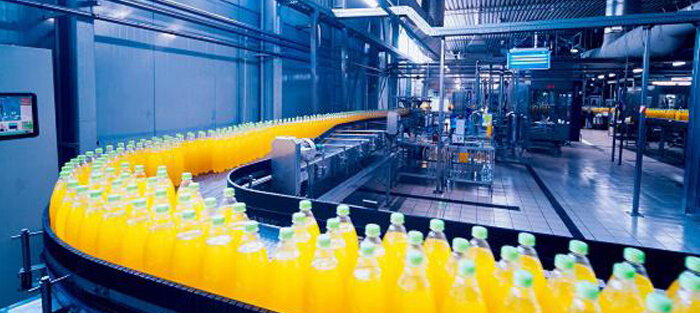National knowledge-based projects to boost food industry

TEHRAN – The Vice Presidency for Science and Technology has on its agenda the implementation of five national plans for the production of food products with the help of biological technologies.
The food industry is one of the most strategic industries that has been developed with the help of biological technologies in recent years, an area that is not only related to food provision but also has an effective role in the health and safety of society.
For this reason, countries are trying to facilitate the entry of new technologies, especially biological ones, into this field and reach self-sufficiency.
The projects include production of light sugar, carboxymethyl cellulose, dairy starter, oils, extracts, seasonings, as well as enzymes.In this regard, the Biotechnology Development Headquarters of the Vice Presidency of Science and Technology has implemented national programs to develop the food industry so that the needs can be met with local capabilities.
The implementation of five national plans for the production of food products with the help of biological technologies is one of these efforts, which is implemented in cooperation with knowledge-based companies.
Industrial production of light sugar, carboxymethyl cellulose, dairy starter, oils, extracts, seasonings, as well as the production of flour and bread industry enzymes are the five aforementioned projects.
Food industry and technology
According to the latest statistics, 265 companies are active in the field of agriculture, biotechnology, and the food industry and have produced knowledge-based products.
Agriculture is one of the fields in which nanotechnology has been able to develop, as over 50 widely used nanoproducts have been launched in the agricultural sector of Iran.
Although the use and effectiveness of nanotechnology are often associated with future advances in medical and chemical technology, its usage is far subtler and wide.
The potential of nanotechnology in agriculture is high, but there are still a few things to consider, such as increasing the scale of production processes and reducing costs, as well as assessing production risk.
Nanotechnology use in consumer products has also raised some ethical and social concerns in some countries, from environmental health and safety to consumer perceptions and intellectual property rights.
Currently, over 7,000 knowledge-based companies are active in the country, manufacturing diverse products to meet the needs of the domestic market while saving large amounts of foreign currency.
Researchers in technology companies are mostly engaged in the fields of aircraft maintenance, steel, pharmaceuticals, medical equipment, oil, and gas.
FB/MG
Leave a Comment